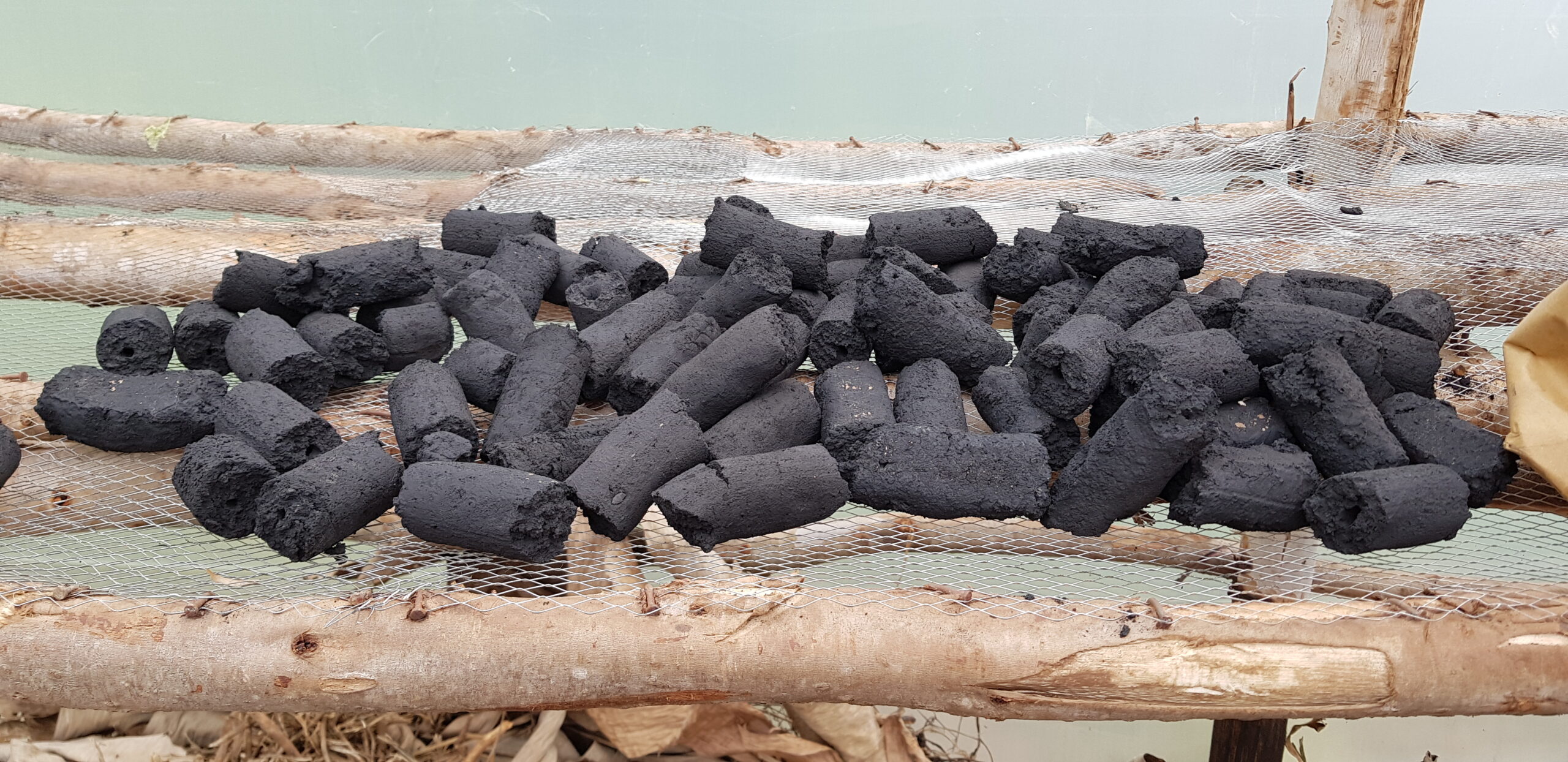

Uganda is extremely rich in a wide variety of renewable and non-renewable energy sources such as hydropower, solar energy, biomass and geothermal energy and oil. 84% of the electricity needs are covered by hydropower. The production capacity of this “clean” energy far exceeds the current demand for electricity. In contrast, however, 90% of the population covers their energy needs from traditional fuels: firewood 78.6%, charcoal 5.6% and harvest waste 4.7%.
Although the proportion of households connected to the grid has risen sharply to now 42.6%, there is a large discrepancy in access to grid electricity between the rural (38.0%) and urban (57.5%) populations. Yet, access to electricity, which is largely produced in an environmentally friendly way, doesn´t ensure its use as electricity is still viewed as a very expensive form of energy, even by the country’s middle class.
As a result, traditional fuels (especially charcoal) are still used extensively in households, farms and small businesses. Two negative consequences of this practice are deforestation and soil degradation. Between 2001 and 2018 the loss of irretrievable primary forest was 12%. The population is feeling the immediate consequences of this situation in many ways. For example, building timber and firewood must be procured from increasingly remote areas at ever higher costs. In principle, people are open to alternatives. But habits change very slowly and investing capital in new technologies is low.
A large part of the population lives in the countryside and from agriculture. Enormous amounts of organic waste are generated and are hardly used or only used in a very inefficient way. Against this background, the DGRV program in Uganda has decided to promote a promising approach.
Biomass briquettes are mainly made from green waste, from agricultural production. The composition of the briquettes varies depending on the availability of the raw materials. In the project area, they are mainly made from coffee and rice husks, corn cobs, wood shavings and straw. The raw materials are collected, processed and pressed into briquettes to burn longer and facilitate transport. The resulting biomass briquettes are primarily used as fuel for cooking. This approach is most effective when the process does not require complex and expensive technical solutions.
The main objective of the project is to develop the potential of biomass briquettes as a substitute for current primary energy sources in households, farms and small businesses as a contribution to environmental and climate protection as well as income improvement. The core of the approach is the strengthening of producer groups and cooperatives. In addition to the DGRV, the main participants in the project are Caritas Luwero Central Uganda, Women Engage For A Common Future (WECF), Munich, and Action For Rural Women Empowerment (ARUWE), Uganda.
Together with the partners, the project aims for an effective and direct contribution to reducing deforestation in rural areas. Capacity building of producer groups and cooperatives shall be promoted in order to benefit from the existing business potential. This goal includes organizational development, strengthening of business skills, professionalization in (production) technical terms and a special focus on promoting women entrepreneurship in rural areas.
The further development and distribution of biomass briquettes offers an ideal solution for an alternative fuel. Here it is of crucial importance that the production of high-quality briquettes is promoted, which are comparable in terms of energy and handling with conventional fuels and are compatible with conventional burning technology.
The DGRV works with funding from the Federal Ministry for Economic Cooperation and Development (BMZ) which supports the concept of “Citizens` Green Energy” worldwide. Cooperatives ideally reflect the philosophy and principles of “Citizens` Green Energy” and can play a significant role in the fight against climate change. DGRV is glad to support Ugandan Cooperatives to make a positive impact for a greener future.
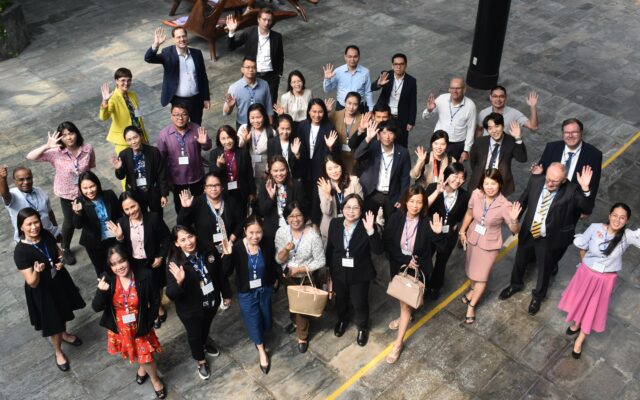
A new partnership between DGRV and the Cooperative Development Authority (CDA) in the Philippines is enhancing regulatory oversight and stability within the cooperative sector.
More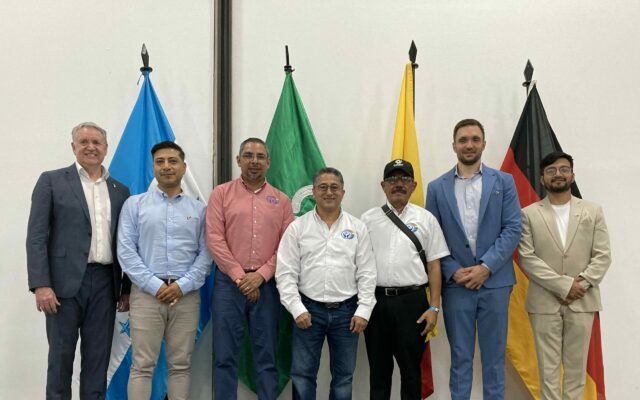
DGRV’s project in Honduras focuses on strengthening the cooperative financial sector, particularly in rural areas, and improving access to financial products and services. The initiative also aims to enhance resilience to climate change and promote the efficient use of natural resources, fostering sustainable and inclusive economic growth.
More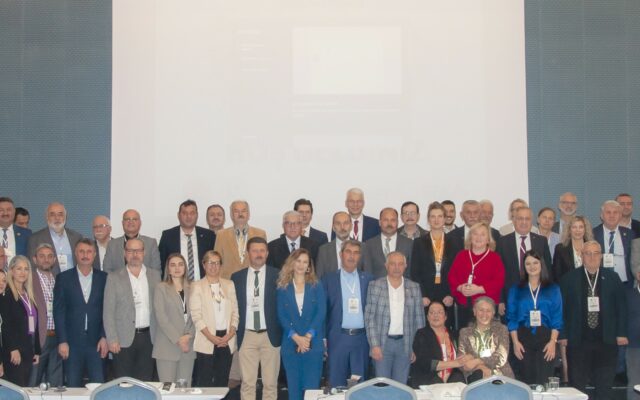
The 8-year long TAKBİ project within the framework of the Turkish and German association cooperation, revitalized Turkish agricultural cooperatives by surmounting challenges, elevating organizational structures, improving service quality, and fostering member satisfaction, leaving a lasting positive impact on the cooperative landscape in Turkey.
More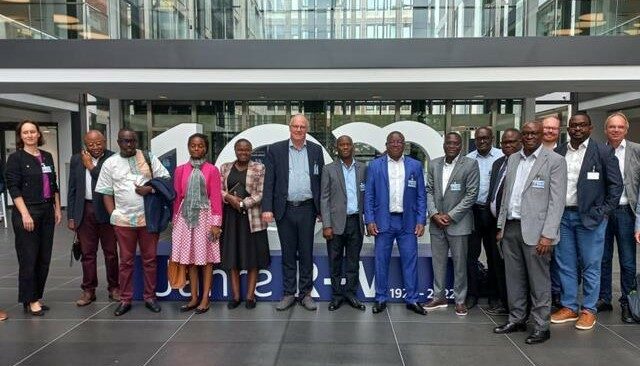
Financial experts from Benin, Cameroon, and Uganda embarked on a journey to Germany to explore the essence of cooperative principles, forging a vision for a resilient banking sector that transcends borders and fosters economic and social progress in African communities.
More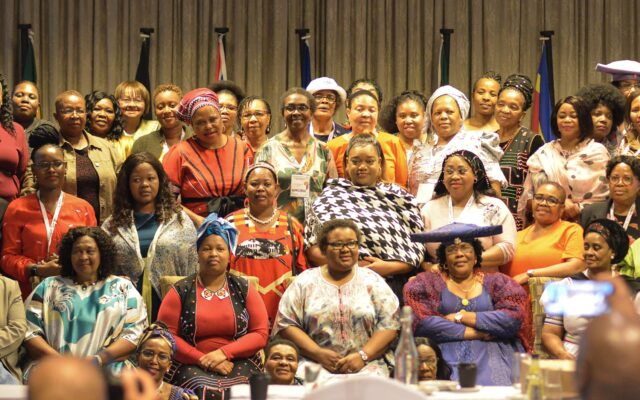
In an extraordinary gathering, female traditional leaders from Southern Africa converged to harmonize the concepts of Ubuntu and cooperative principles, setting a visionary path for community development.
More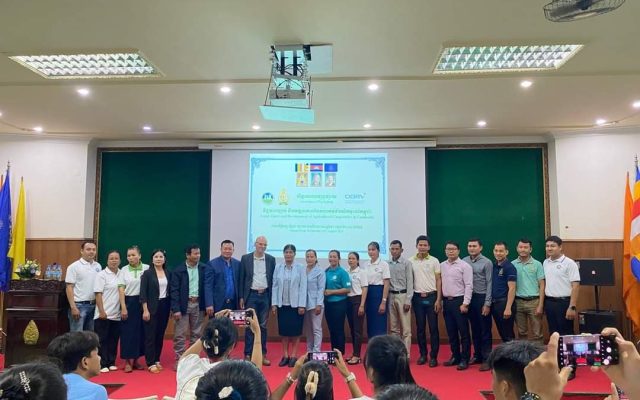
Empowering Cambodia's agricultural cooperatives through dynamic seminars: DGRV and AERD/RUA collaborate to drive leadership, professionalism, and sustainable growth.
More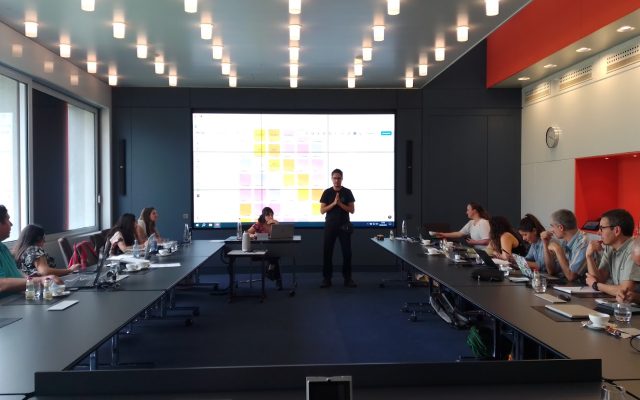
In June, eight Chilean organizations participated in an Exposure Visit to learn from the experience of Energy Cooperatives in Germany
More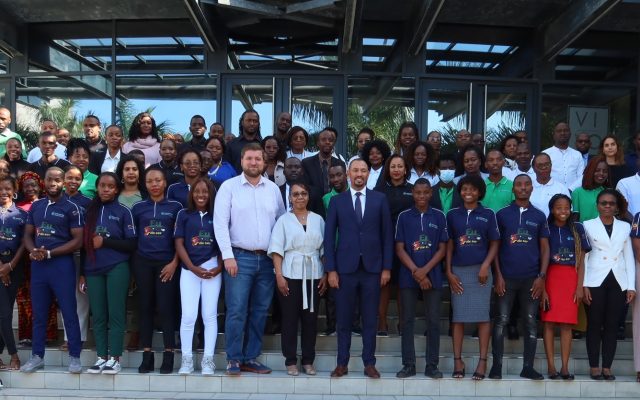
Empowering Mozambican youth through cooperative entrepreneurship to tackle unemployment and promote economic growth.
More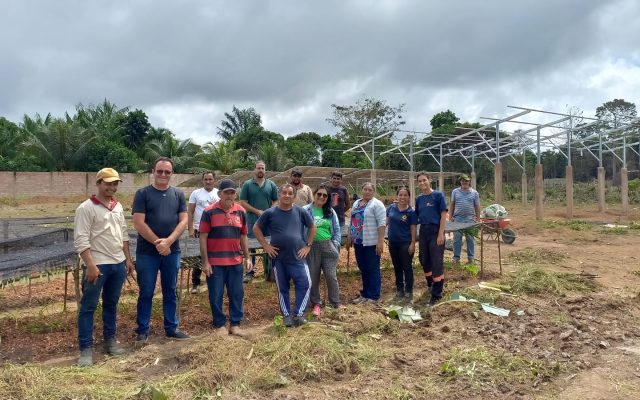
Helping the cooperative CCampo Alimentos to implement an Agrivoltaic pilot project in Brazil
More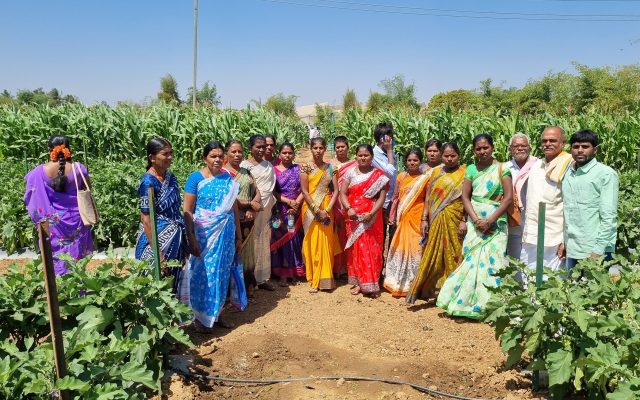
Adaptation measures to climate change in rural areas in India
More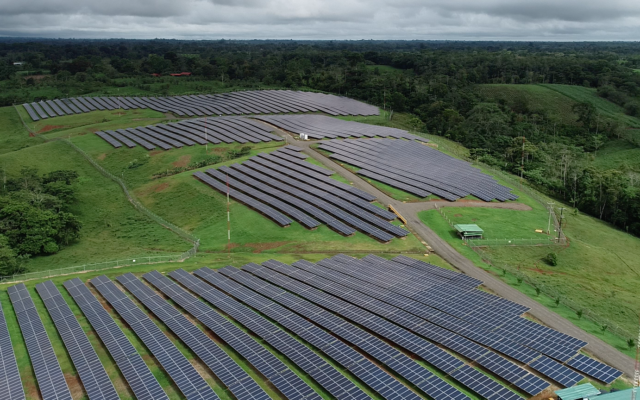
Renewable Energy in Costa Rica generated by cooperatives.
More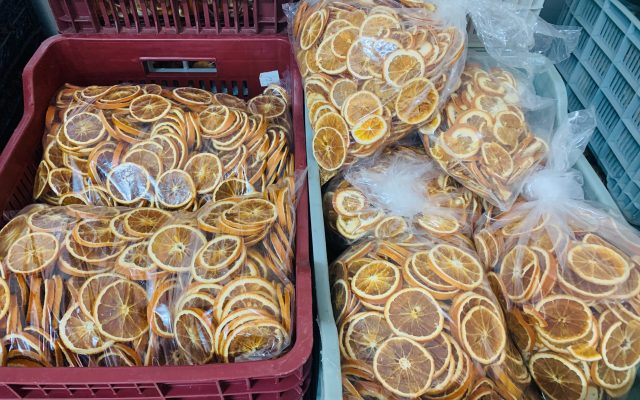
Food Processing with a Regional Federation
More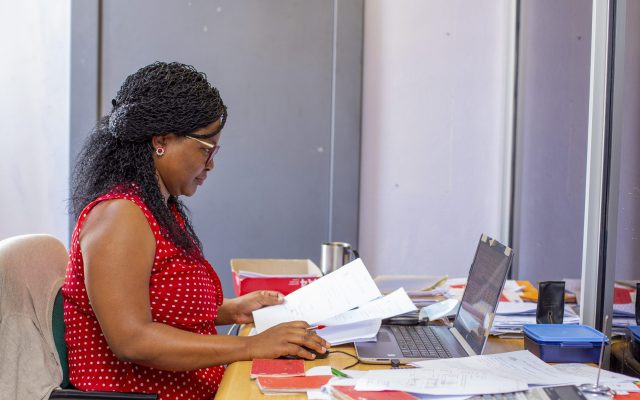
Digitisation of Primary Co-operatives in eSwatini
More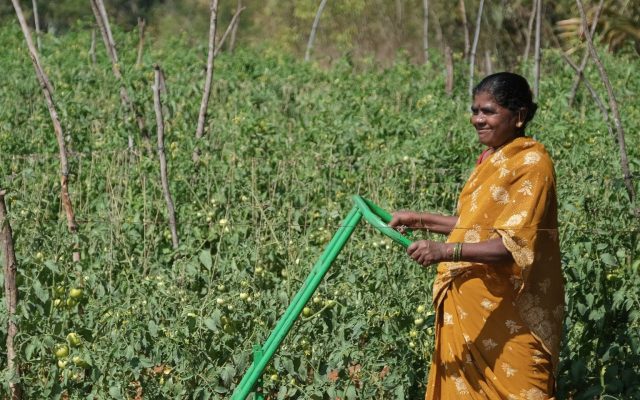
A central solution that enables members to make daily agricultural necessities available promptly and financially affordable
More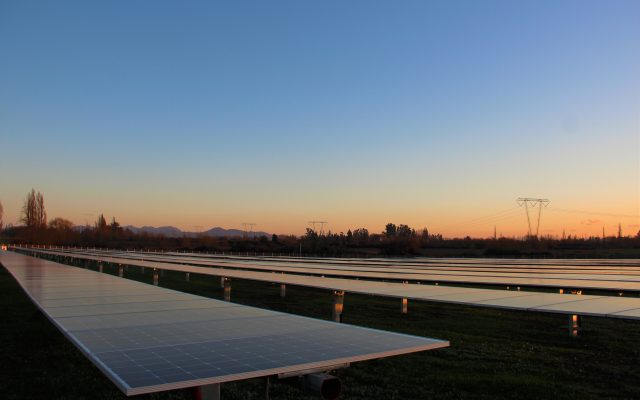
The creation of Community Distributed Generation Cooperatives in Chile.
More
Textile cooperative in Tunisia
More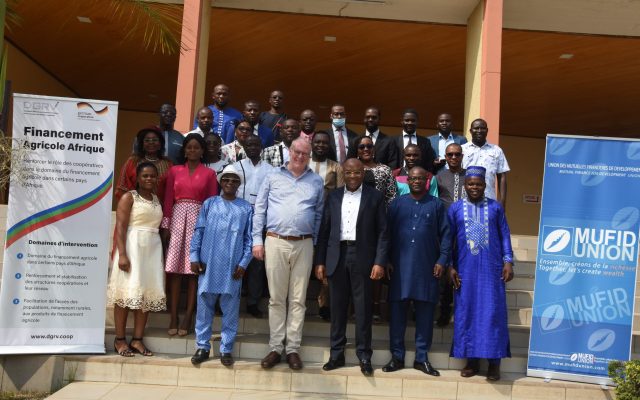
Facilitating access to quality agricultural finance products in Cameroon
More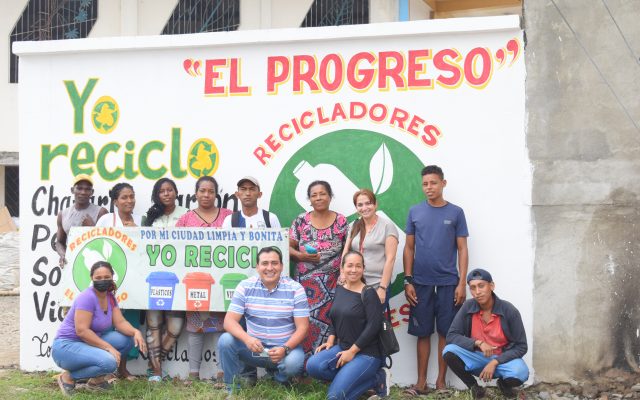
Generating business and commercial connections with the "Networks in Action" project
More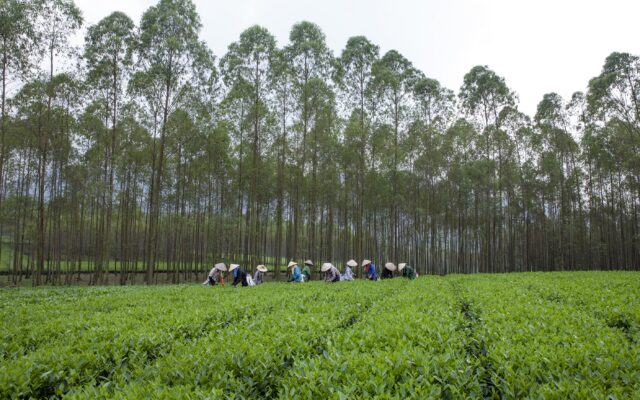
Mid- term courses for cooperative officials in Vietnam
More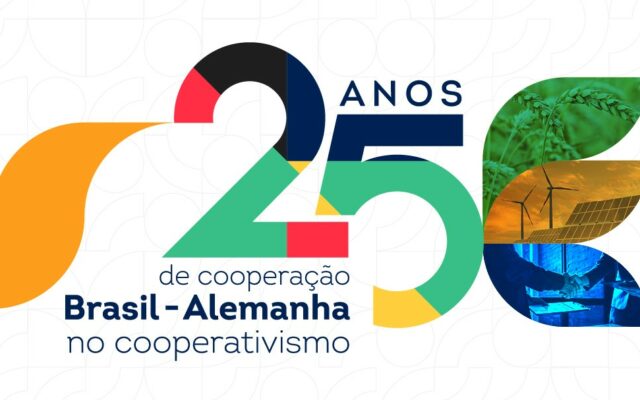
The collaboration between the Brazilian and German cooperative sector
More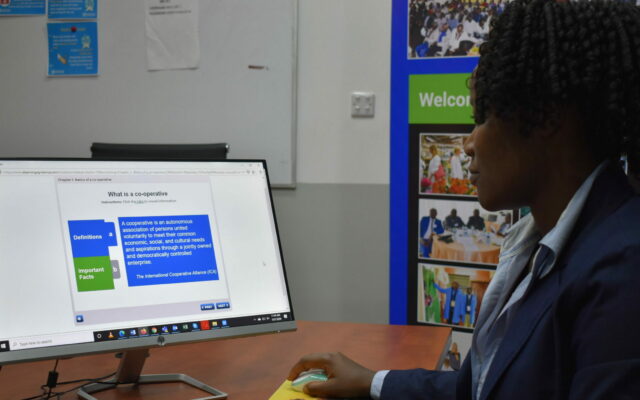
DGRV Kenya supports project partners on their way to adapt to “The new normal” in times of COVID-19
More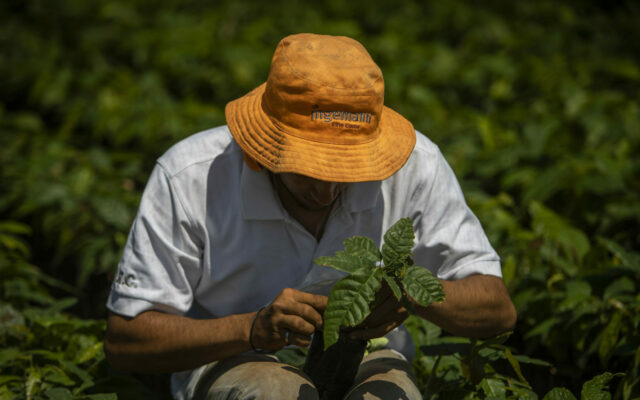
Pablo and his Potatoes
More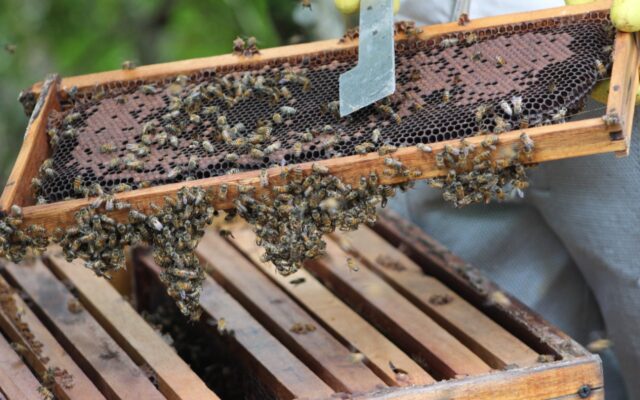
Strengthening small rural producer organizations in Colombia
More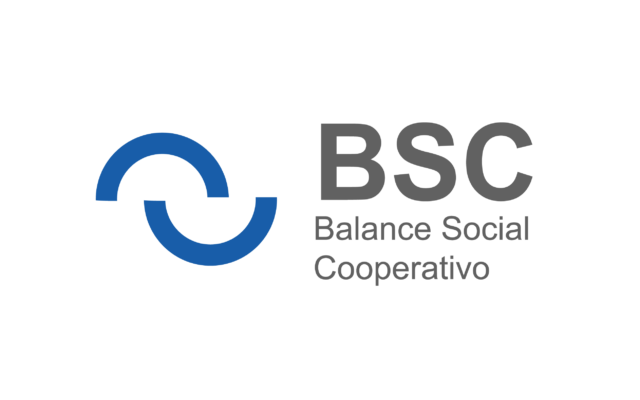
Cooperative Social Responsibility in Honduras
More